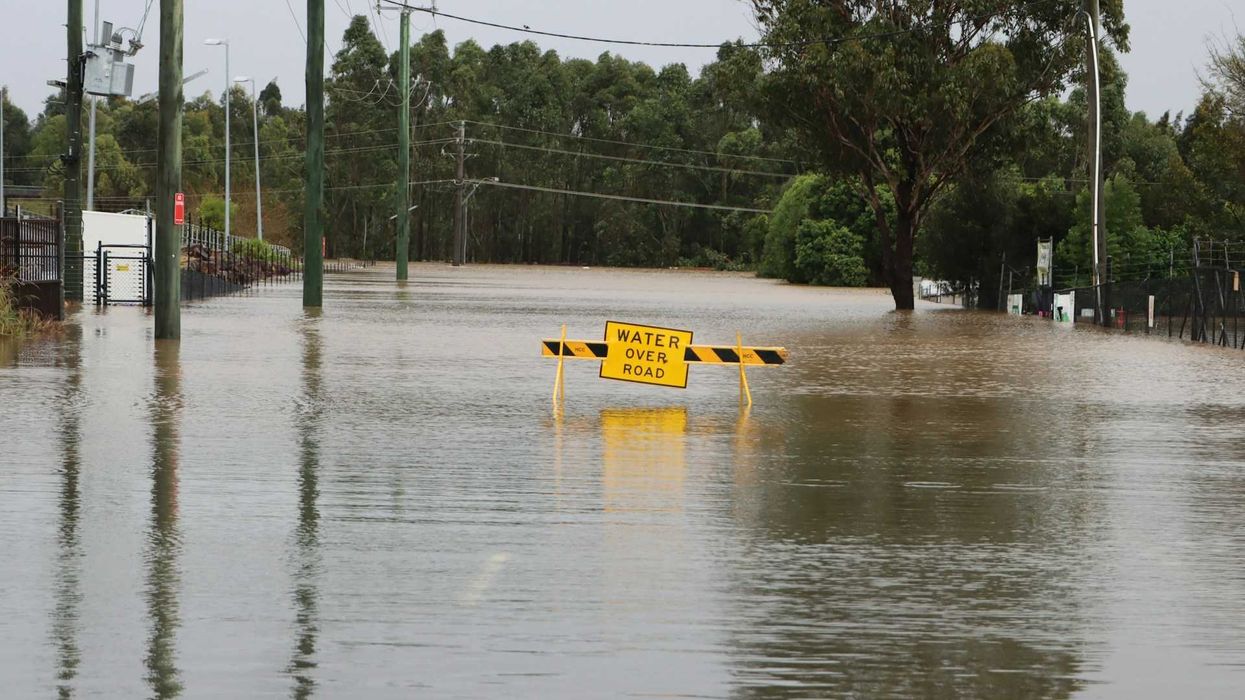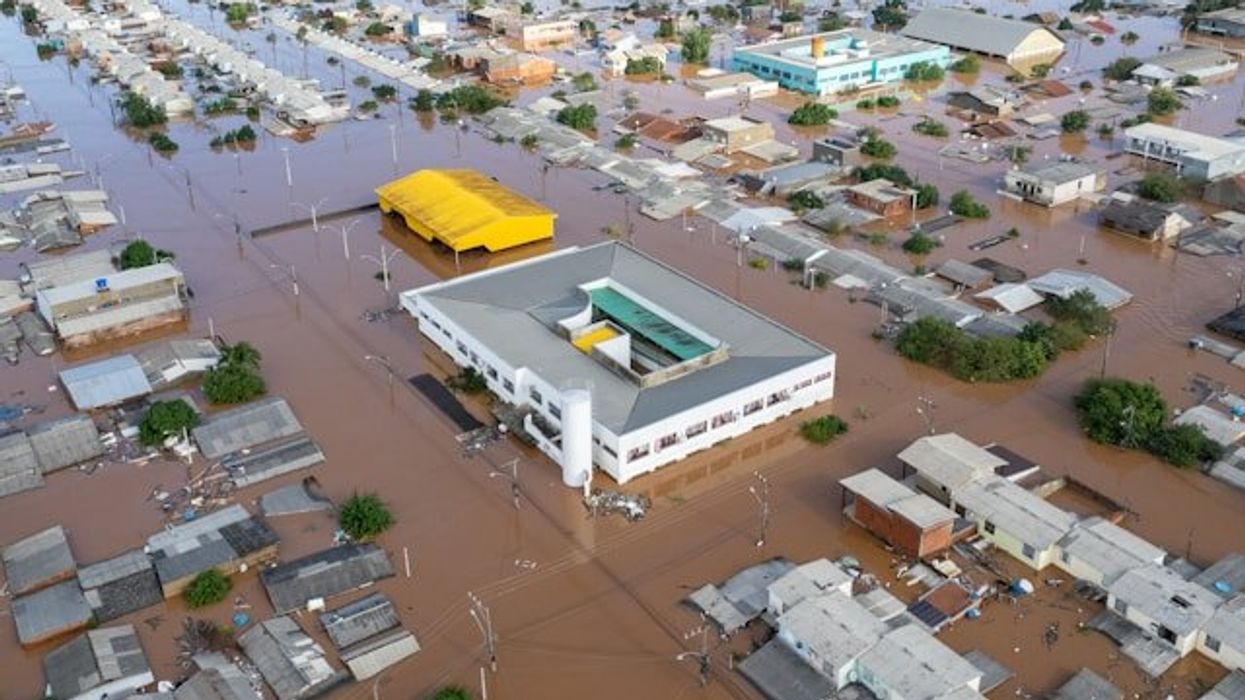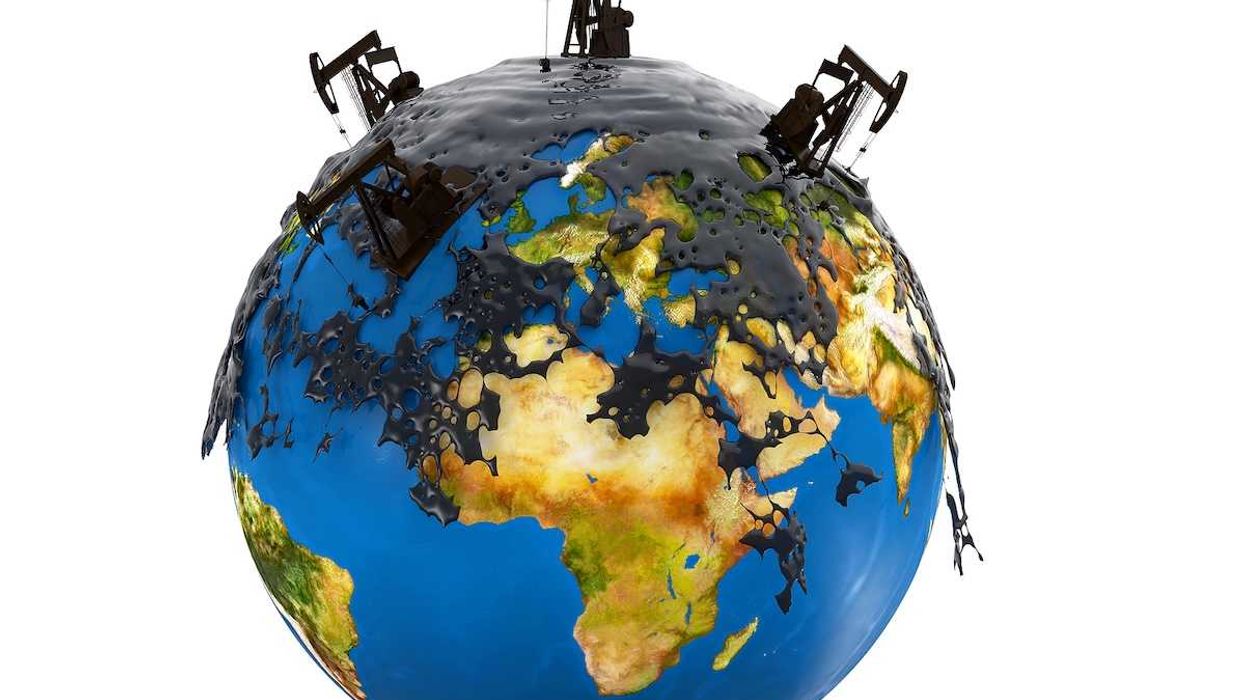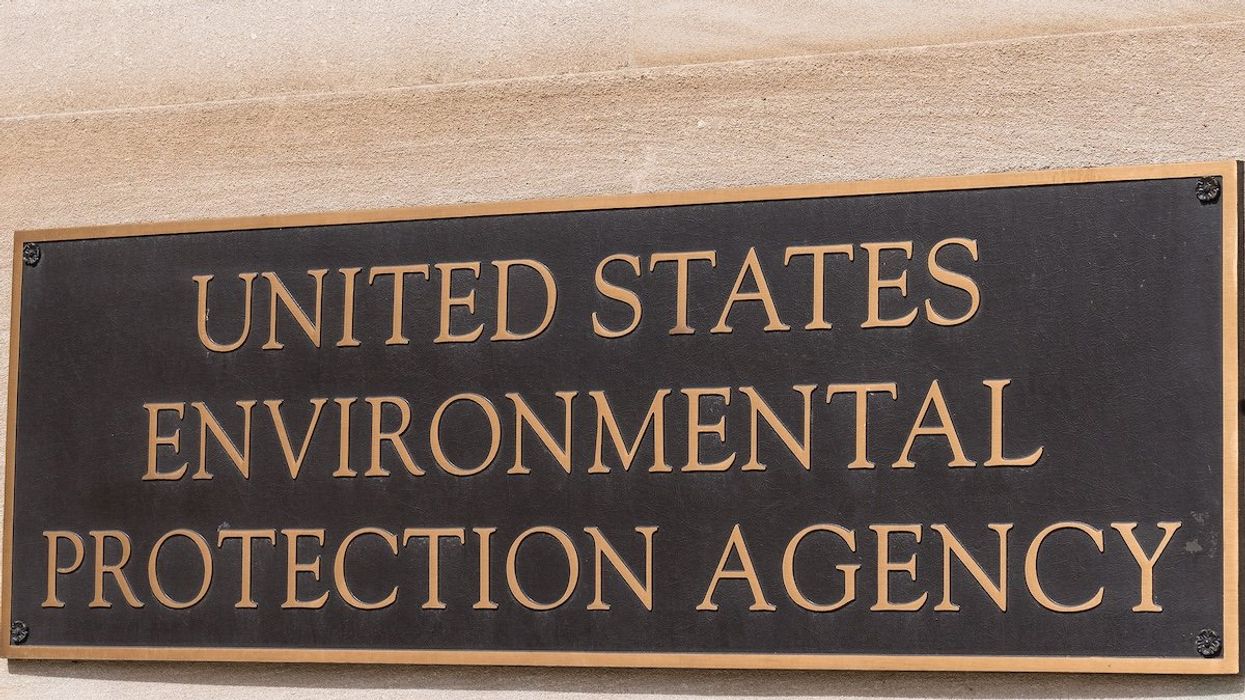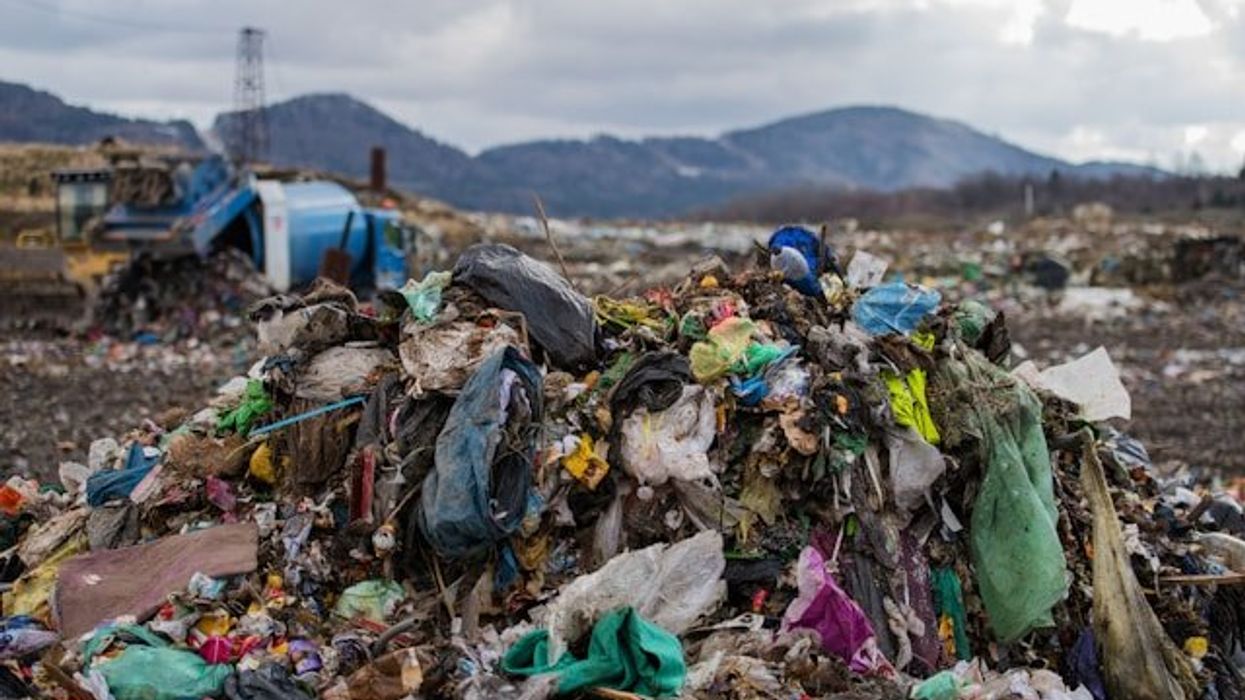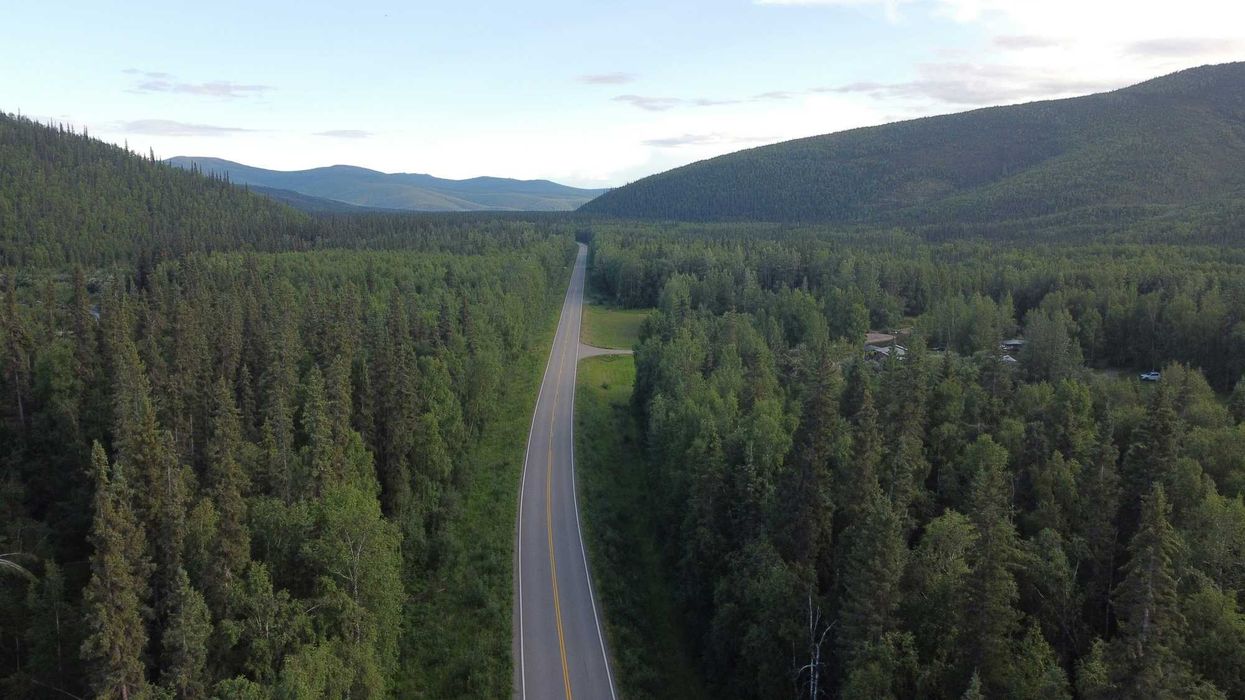The scientist who first discovered acid rain is warning that Trump-era rollbacks to air pollution rules could erase one of America’s greatest environmental wins.
Oliver Milman reports for The Guardian.
In short:
- Gene Likens, the scientist who identified acid rain in the 1960s, warns that slashing emissions rules could let sulfur dioxide levels rise again — reopening the door to toxic rainfall.
- Acid rain once devastated forests, lakes, and soils across the U.S., but 1990 Clean Air Act amendments helped cut acid levels in rain by 85%; now, funding for long-term monitoring programs is being cut.
- Experts say even if coal doesn’t come roaring back, weaker regulations could still allow harmful air pollution to rise, risking more heart and lung disease and undoing decades of clean air progress.
Key quote:
“If we don’t have the funding for research to look at what’s happening, we are just blind. It’s an awful way for the country to go.”
— Gene Likens, scientist and founder, Cary Institute of Ecosystem Studies
Why this matters:
Clean air protections helped curb acid rain and prevent thousands of premature deaths. If we let those rules unravel, we risk both the health of our ecosystems and the health of millions of Americans. Even if the coal industry doesn’t make a full comeback, more sulfur dioxide in the air could mean more toxic rain, more asthma, more heart disease—and a haunting reminder that clean air isn’t something you win once and keep forever.
Read more: That's vinegar:' The Ohio River's history of contamination and progress made





